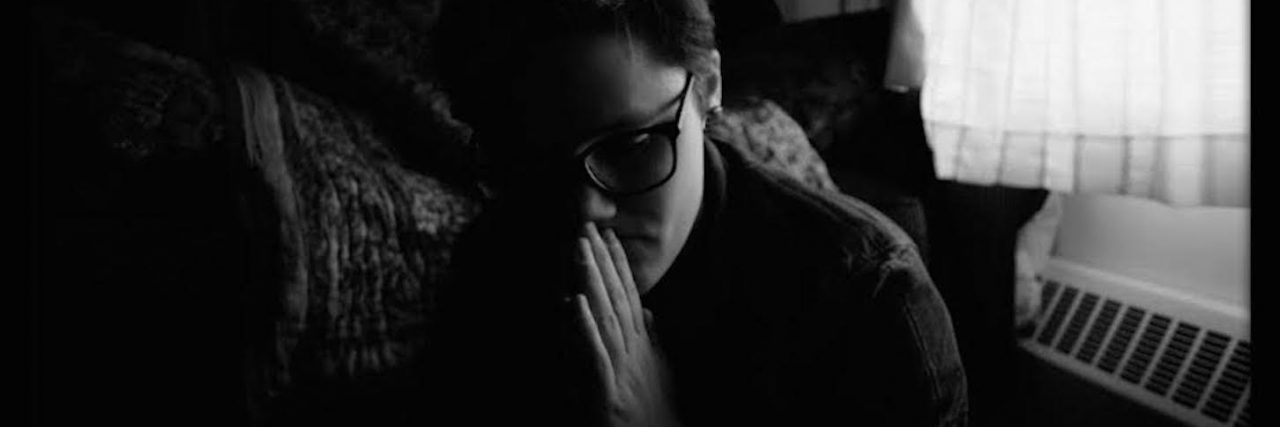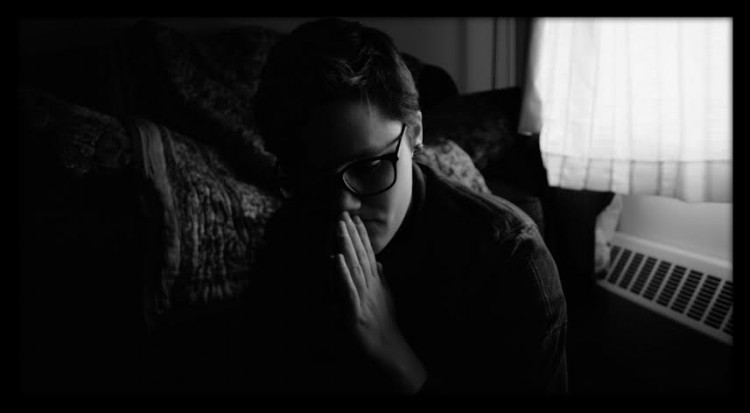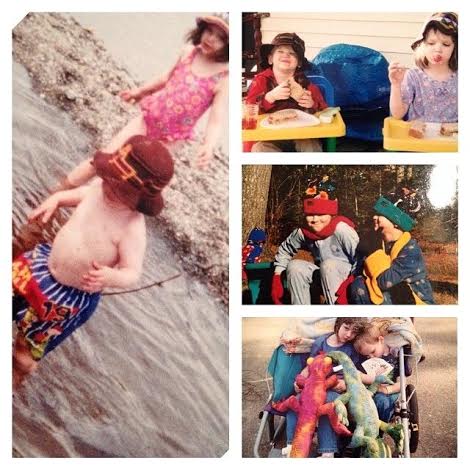What I Wish I Could Tell People About My Schizophrenia
After being diagnosed with schizophrenia, I’m learning a whole new way to live.
At 21, many ghosts haunt my life, lost within the riptide of my own mind. I’m not at home in my own body. My face, my eyes, my skin, my bones. The people around me seem unreal. In a crowd I’m never sure who’s real and who’s not. I exist between morning medication and nighttime medication.
It’s true many times I need help. Someone to remind me to take care of myself. To shower, eat, clean my living space, brush my teeth and take my medications. Someone to help me when I’m disassociating, someone to open the shades when I feel paranoid or to encourage me to go outside. I do need certain accommodations to succeed in my college classes. I have to stick directly to a schedule for sleeping, eating, taking medication and class work.
One second I’m the great hibernator; the next a hummingbird with two heartbeats and a mouth full of language.
Having hallucinations is the most exhausting part of schizophrenia. It’s speaking without being spoken to. It’s seeing yourself in more faces than you can count, and forgetting how to count people who are not real.
But the schizophrenia I’m well acquainted with and the schizophrenia you are misinformed about are every different entities.
Schizophrenia is an insurrection of my own mind. What schizophrenia isn’t though, is violence. In fact, people who have schizophrenia are more likely to be victims of violence than perpetrators themselves.
I want people to understand schizophrenia the same way they come to understand all illnesses. I don’t want to hide behind a wall of lies, blocking the truth of my reality. The stigma placed upon everyone who lives with schizophrenia is an incorrect monster-hood. It’s evil villains, mad scientists, serial killers, malevolent masterminds and horror movies. I’m exhausted of seeing these stereotypes. I don’t want people to be scared of me, to think I’m violent or easily angered.
There are so many things I want to teach people about what it’s like to live with schizophrenia, so much misinformation I’d like to dismiss. I wish I could say to people: “I have schizophrenia and I am gentle, kind, and loving;” “I have schizophrenia and I’m high functioning;” “I have schizophrenia and I am not crazy.”
I want us to bring the conversation about mental health and mental illness into schools and into homes. We need to stop using mental health diagnoses as adjectives, and we need to stop calling people, things and events “crazy.” I’ve been called crazy in no uncertain terms, but the more I hear that word used the more derogatory it feels. Mental illness is more than sadness, pain and suffering. It’s a personal and lifelong journey. It can be deadly, it can be fatal. It can also be the beginning, a shaping, a life-changing experience. It should never be taken lightly.
For me, an advocate would’ve saved me a good deal of suffering. Someone to help me communicate with doctors in a precise way. Someone to help me get an early diagnosis. I went three years experiencing psychotic symptoms almost every day. I woke up on the brink of losing my mind entirely and went to bed on the edge of an uncomfortable reality. It took three years, six psychiatric hospitalizations, more diagnoses than I can count on one hand, three lost jobs, hours sitting sitting with caseworkers, telephone interviews with disability and more medication than I could possibly take. It’s been a scary ride, and I have nearly lost my life on more than one occasion.
But now with a diagnosis, the right medication, the right doctors and the right support, I see no reason I should not succeed with some assistance. I see no reason I should not graduate from college and move into a community health field teaching young adults about the early warning signs of mental illness and mental health, preventive self-care, red flags for loved ones and friends who could be suicidal, resources for crises and community support.
I’m finally on a good medication that prevents the voices and the hallucinations. My schizophrenia is well contained, and if you met me on the street you wouldn’t know or recognize my illness. But I shouldn’t have to hide it.
I fully intend to give back to the community of doctors, emergency medicine practitioners, therapists and friends who have saved my life. I want to save the lives of others, or at least ease the pain and fear caused by mental illness. And I see no reason why I shouldn’t be able to do so. Everything is well within my reach and, despite my disability, I see no problems with attaining my goals.
I would like to dedicate this piece to my brother, for all the strength he has taught me to live with. I love you so much.
See more from Syrena at Art About Mental Illness and visit her Tumblr page.



